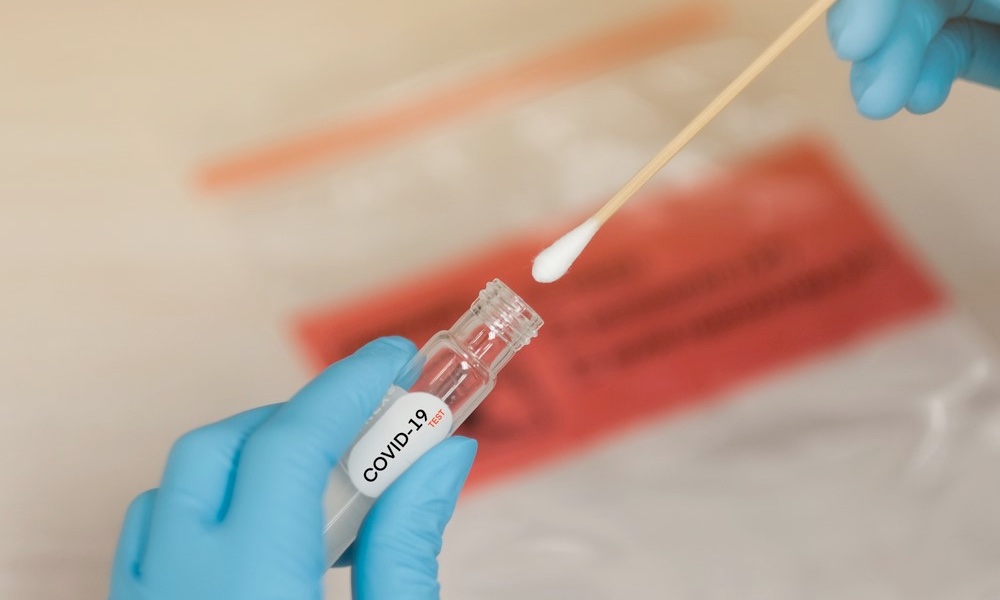Vaccination rates in the United States have begun to slow, with only 55 percent of the adult population fully vaccinated against COVID-19. While 77 percent have received at least one dose of the vaccine, over 20 percent of adults are hesitant to get vaccinated. “Although a majority of American adults have now received at least one dose of a COVID-19 vaccine, strategies for increasing acceptance are needed now to counter trends of slowing vaccination rates and missed second shots,” Jeffrey Lazarus, one authors of a recent study, explained.
Resarchers from the City University of New York Graduate School of Public Health and Health Policy (CUNY SPH) surveyed over 6000 adults from the four largest metropolitan areas in the United States — New York, Los Angeles, Dallas and Chicago — about their vaccination status and plans for getting the vaccine, if any. People responding to the survey were divided into three categories: vaccinated, unvaccinated and willing to accept a vaccine, and unvaccinated and unwilling to accept a vaccine. Then the researchers analyzed the factors that influenced each group's perceptions of the vaccine.Those unwilling to vaccinate had misgivings about the vaccines' safety and how effective they were, as well as skepticism about the seriousness of the COVID-19 infection itself.
Knowing someone who had been infected with COVID-19 or having been sick themselves was a major factor predicting vaccine acceptance. Poverty, on the other hand, was found to be a strong predictor of unwillingness to take the vaccine, as was having a conservative political ideology.
The study’s findings called into question the prevailing attitude that people of color are less likely to accept the vaccine. The data showed race had no significant impact on people’s likelihood to be willing to take the jab.
“These findings caution against demographic generalizations and emphasize the importance of assessing local context when tailoring interventions and messaging,” said the study’s lead author, Ayman El-Mohandes, in a statement. Researchers hope that their findings will be able to be used to create more effective public health messaging and strategies to increase vaccine acceptance. The main motivating factors behind vaccination were protecting oneself and others against COVID-19 infection, messages which researchers emphasized should remain at the front lines of vaccination campaigns.
Ongoing testing is another key component of efforts to reduce the spread of the virus, but it also can promote vaccinations. “Continuing to encourage testing will counter misconceptions that the spread of the pandemic is over,” said Lazarus. “As people continue to test positive across age, race, and ideology, this may encourage them to accept vaccination as a necessary means of protection.”COVID-19 continues to be an ongoing global pandemic, with the United States leading the world in deaths and recorded cases.
The COVID-19 vaccine has been found to be safe and effective at preventing severe COVID-19 infection. It is free and available regardless of immigration status. If you are still unsure about whether you’d like to get vaccinated against COVID-19, keep an open mind and seek information. Talk to your doctor or another trusted source of medical information about your concerns. Encourage friends or family members who may still be reluctant to do the same.
The study is published in Nature Scientific Reports.





